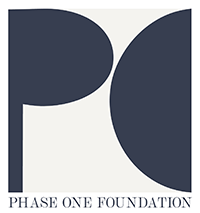Our Featured Research Page lists cancer prevention, treatment and quality of life studies enrolling people with or at high risk for hereditary cancers. You can do a quick search to filter our featured studies by cancer type, study type or key word, or a more in-depth search through clinicaltrials.gov.
Search Results: Surveys, Registries, & Interviews (30 results)
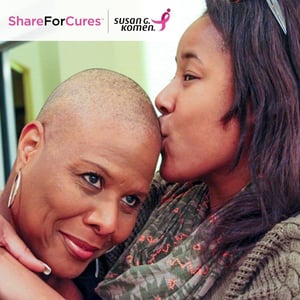
Surveys, Registries, Interviews
Registry for anyone diagnosed with breast cancer
ShareForCures: Susan G. Komen's People-Powered, Data-Driven Breast Cancer Research Registry
Today, researchers are learning about breast cancer from a small subset of patients, who are not representative of all breast cancer patients. ShareForCures® is an online registry that offers people who have been diagnosed with breast cancer a way to participate in research by connecting information about themselves with their breast cancer diagnosis, medical records, genomics. Participation is open to anyone adult, living in the United States, and who has been diagnosed with breast cancer.

Surveys, Registries, Interviews
A screening registry for people diagnosed with prostate cancer
PROMISE Registry: A Prostate Cancer Registry of Outcomes and Germline Mutations for Improved Survival and Treatment Effectiveness
PROMISE is a nationwide registry of prostate cancer patients with inherited mutations;screening approximately 5,000 participants with a prostate cancer diagnosis.
The PROMISE team is studying how these mutations affect patient outcomes.

Surveys, Registries, Interviews
Young women with a BRCA mutation
Interviews with Young Women with a BRCA Mutation About Their Breast Cancer Risk Management Experiences
This research study focuses on young women’s emotional experiences when considering or engaging in strategies to manage increased breast cancer risk.
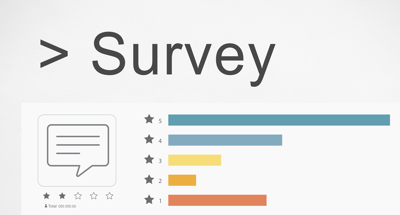
Surveys, Registries, Interviews
Survey for people at high risk for breast and gynecologic cancer due to an inherited mutation
FORCE Survey for People at Increased Risk for Breast or Gynecologic Cancer Due to an Inherited Mutation
FORCE is conducting a short survey to better understand the unmet needs of people who are at high risk for breast or gynecologic cancer due to an inherited mutation. You can take the survey here.

Surveys, Registries, Interviews
Survey and interview for people of Caribbean descent who tested positive for a genetic mutation linked to cancer.
Exploring How People of Caribbean Descent Share Information About Their Genetic Mutations with Family Members
We're looking into how families share information among Caribbean individuals who have a genetic mutation linked to an increased risk of cancer. The goal is to understand the experiences of Caribbean people dealing with a higher chance of developing cancer. This study will help us figure out how genetic counselors can better support Caribbean patients and their family members in handling this genetic information. If you're interested, you can participate by filling out a survey. If you're eligible, we might reach out to you for a 45-60 minute interview.
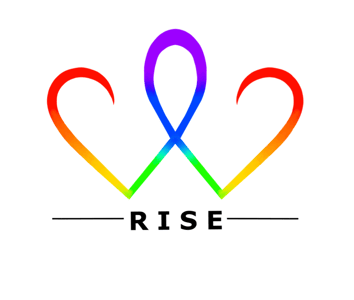
Surveys, Registries, Interviews
A one-time interview study to explore experiences with sexual functioning, sexual relationships, sexual self-concept, and self-esteem of 18-39-year-old sexual and/or gender minority cancer survivors
Intimacy and Self-Esteem Among Sexual and Gender Minority Cancer Survivors (RISE-SGM)
Relationships, Intimacy, and Self-Esteem among Sexual and Gender Minority Cancer Survivors (RISE) is a research study that focuses on the experiences of 18-39-year-old sexual and/or gender minority cancer survivors. Participants will be asked to complete an interview on relationships, self-esteem, and intimacy.

Surveys, Registries, Interviews
Registry for people with Li-Fraumeni syndrome (LFS) or from LFS families
Studying People and Families Affected by Li-Fraumeni Syndrome (TP53 Mutation )
The goal of this study is to identify whether Li-Fraumini syndrome (LFS), which has a high lifetime cancer risk, has any other causes besides the TP53 mutation.

Surveys, Registries, Interviews
This is a registry for people of African ancestry who have breast or prostate cancer
Registry to Promote Health Equity for People of African Ancestry with Breast or Prostate Cancer
The purpose of this research is to study and understand the genetic and molecular causes of breast and prostate cancer in people with African ancestry.

Surveys, Registries, Interviews
Screening study for women at risk for breast cancer due to an inherited mutation or other risk factor
A Surveillance Program for Women at High Risk for Breast Cancer (CAPSBRACA)
Screening study for women at risk for breast cancer due to an inherited mutation or other risk factor
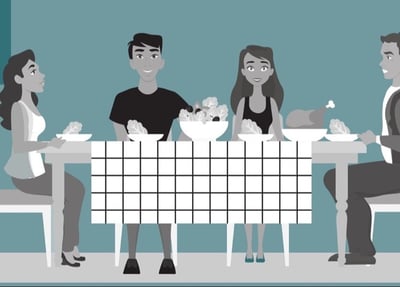
Surveys, Registries, Interviews
Survey for people with an inherited gene mutation
Survey about Motivations and Barriers to Talking with Family Members about Inherited Cancer Risk
This study aims to understand the different goals and motivations individuals with an inherited gene mutation have when talking about their genetic cancer risk with family members in a conversation.

Surveys, Registries, Interviews
Interviews with African American people who tested positive for a genetic mutation
Kindred Study
We are talking with African American adults about cancer genetic testing, including those that have received a positive cancer genetic testing result and people with a family member who received testing.
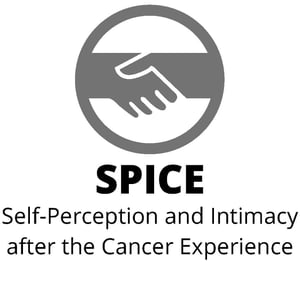
Surveys, Registries, Interviews
Online survey for cancer survivors ages 18-39 years old about sexual health
Self -Perception and Intimacy After the Cancer Experience (SPICE)
Survey for cancer survivors ages 18-39 years old about sexual self-concept, sexual health knowledge, relationships and body image.

Surveys, Registries, Interviews
Online survey for women with an ATM, BARD1, BRCA1, BRCA2, CDH1, CHEK2, PALB2, PTEN, RAD51C, RAD51D, STK11 or TP53 inherited mutation.
Survey for Women at High Risk for Breast Cancer on Knowledge and Perspectives about Breast Cancer Risk Factors and Screening
Researchers at the Mayo Clinic and McGill University are partnering with FORCE on a survey of women who have inherited mutations in BRCA1, BRCA2 or other genes (including PALB2, ATM, CHEK2, and others) related to increased breast cancer risk. We are interested in the effects of testing positive for an inherited mutation on decisions about the timing of pregnancy, breastfeeding, breast cancer screening and risk-reducing surgery.
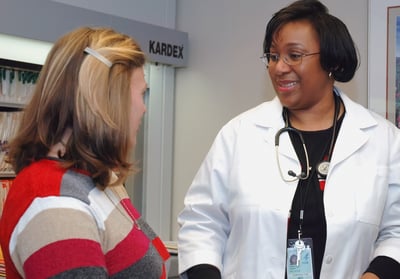
Surveys, Registries, Interviews
Survey for people diagnosed with stage 0 - stage 3 breast cancer
Survey for People Diagnosed with Breast Cancer to Provide Feedback on a New Type of Clinical Trial
Stanford researchers invite people diagnosed with stage 0 to stage 3 breast cancer to take this 15 minute survey to share your thoughts about the advantages and disadvantages of participating in a new type of clinical trial called “a window opportunity” trial. will use this information to help design future clinical trials.

Surveys, Registries, Interviews
Survey for people of color who have completed treatment for cancer
Factors Influencing Disparities in Quality of Life among People of Color Affected by Cancer
This study focuses on cancer survivors’ needs during the transition into a new normal life after the completion of cancer treatment. The goal is to explore ways in which we can improve physical activity and diet among cancer survivors and address their challenges to develop and maintain an active and healthy lifestyle.
We specifically would like to work with and for cancer survivors who self-describe as people of color to understand how social structures, stress and environmental factors impact health behaviors and subsequent quality of life.
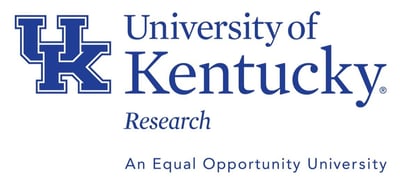
Surveys, Registries, Interviews
Interview for people with inherited mutations who had risk-reducing mastectomy and their partners
Research Opportunity for Previvors and their Romantic Partners
Researchers at the University of Kentucky are hoping to learn more about the relational experiences of individuals with hereditary breast cancer mutations who have navigated a double mastectomy while in a committed romantic relationship. They are particularly interested in the couples’ experience related to sexual intimacy before and after prophylactic surgical procedures. You do not have to live in Kentucky to participate.
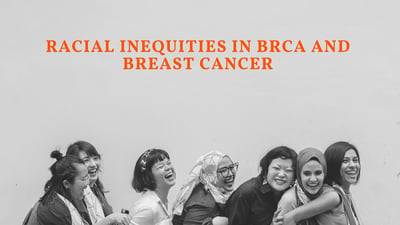
Surveys, Registries, Interviews
People with or without cancer who have had or are considering BRCA testing
BRCA 1 and 2: Interviews on Genetic Testing and Individual Experiences
This study seeks to interview individuals who come from families with high cancer risk and/or who have tested positive for BRCA 1/2 genetic mutation. We are also interested in individuals who may be contemplating BRCA 1/2 genetic testing; those who feel they lack access to genetic testing or who feel they lack information and social and medical support with regard to getting access to genetic testing; those who have been diagnosed with breast cancer who may be at high risk for a range of hereditary cancer. We are especially hoping to reach racially and ethnically diverse males and females whose experiences are often left out of research studies.

Surveys, Registries, Interviews
Online survey for patients and caregivers focusing on multiple aspects of cancer
Cancer Experience Registry
Online survey for patients and caregivers focusing on multiple aspects of cancer to understand its emotional, physical, practical, and financial impact, so we can identify and address gaps in care and support.
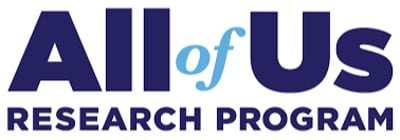
Surveys, Registries, Interviews
Anyone age 18 or over
All of Us Research Program
The All of Us Research Program is seeking one million people from across the U.S. to help build one of the most diverse health databases in history. We welcome participants from all backgrounds. People who join will share information about their health, habits, and what it’s like where they live. By looking for patterns, researchers may learn more about what affects people’s health.
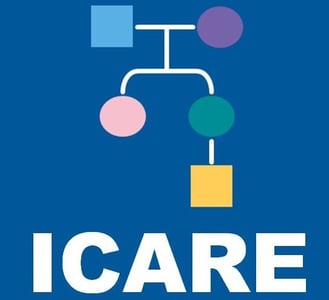
Surveys, Registries, Interviews
People with an inherited mutation or cancer in the family
Inherited Cancer Registry (ICARE): Contribute to Research While Staying Informed
ICARE is a registry of individuals interested in participating in inherited cancer research, through which data and samples are collected to contribute to research. Participants are also provided with ongoing research and clinical updates and informed about other research opportunities for which they might be eligible. Participants are recruited across the United States and beyond. There is no cost to participate, and all materials can be completed online.

Surveys, Registries, Interviews
Interview for Asian Americans with a mutation in BRCA1, BRCA2, ATM, CHEK2, PALB2 or other gene linked to breast or ovarian cancer risk
Differences in Family Communication about Positive Genetic Test Results Between Asian Americans
This study aims to explore family communication differences across Asian American families about testing positive for an inherited mutation in BRCA1, BRCA2, ATM, BARD1, BRIP1, CHEK2, PALB2, PTEN, RAD51C, RAD51D, TP53 or another gene linked to hereditary breast and/or ovarian cancer. Participants will complete a 10–15-minute initial intake survey to confirm eligibility. Eligible participants will then be contacted to schedule a 30-45-minute-long interview over Zoom to explore these topics. After completion of the interview, participants will be entered into a raffle for two $50 Visa gift cards. There are no costs associated with participation. NOTE: This study is closed.
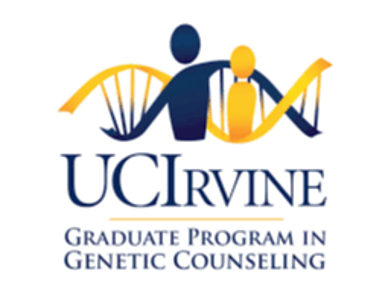
Surveys, Registries, Interviews
Online survey for people with Lynch syndrome
Assessing Decisions about Uterine and Ovarian Cancer Prevention by People with Lynch Syndrome
This study is seeking information about the personal experiences of uterine and ovarian cancer prevention and screening for people with Lynch syndrome. An online survey will allow participants to share their experiences which will ultimately help medical practitioners be more aware about the wants, needs, and decision-making strategies used by people with Lynch syndrome to preserve their gynecological health.
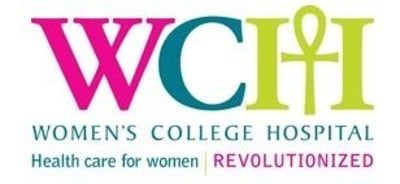
Surveys, Registries, Interviews
A Survey on Options for Managing Cancer Risk Among Women with a BRCA1 or BRCA2 Mutation
Women with a BRCA1 or BRCA2 mutation are at higher risk of developing breast and/or ovarian cancer compared to women in the general population. There are various options available to these women to help reduce or manage these risks, including preventive surgery. We are conducting an important new study to examine and understand cancer prevention decisions and outcomes in these women.
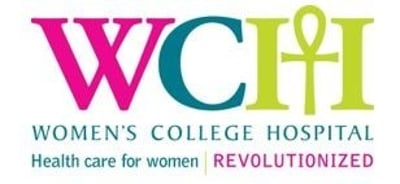
Surveys, Registries, Interviews
The Risk Factor Analysis of Hereditary Breast and Ovarian Cancer In Women with BRCA1, BRCA2 or PALB2 Mutations
Those who carry the BRCA1, BRCA2 or PALB2 gene mutations experience a higher lifetime risk of developing breast and ovarian cancer, but we need to know more about the other genetic and non-genetic factors that may also influence risk. This study follows women with these gene mutations over time, striving to build the evidence we need to help them and others make better decisions to protect their health.

Surveys, Registries, Interviews
Diagnosis of Breast Cancer in Young Women - Share Your Story
Researchers from the University of Illinois, Chicago Cancer Center invite breast cancer survivors who were diagnosed under the age of 45 to share their diagnosis stories. You will be asked to use your own words to share your experience on an online questionnaire.

Surveys, Registries, Interviews
Metastatic Prostate Cancer Project
The Metastatic Prostate Cancer Project is a nationwide genomic research study for men with advanced and/or metastatic prostate cancer. Patients can join online and participate by sharing their medical information and samples. The goal of the project is to generate a comprehensive database that will be shared with the entire research community to accelerate discoveries in prostate cancer.
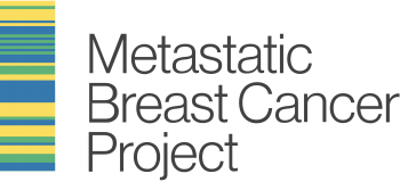
Surveys, Registries, Interviews
The Metastatic Breast Cancer Project
The Metastatic Breast Cancer Project is a patient-partnered initiative that directly engages patients across the US & Canada to transform our understanding of metastatic breast cancer. Patients participate by sharing their medical information, tumor samples, and their voices, partnering with the project team to accelerate discoveries. There is no cost to participate and only minimal effort is required to have a major impact.
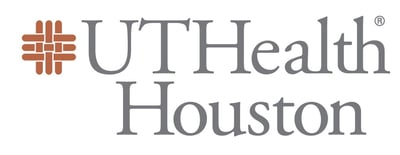
Surveys, Registries, Interviews
People with a hereditary cancer gene mutation and relatives living in Latin America
Interview Study about Barriers to Genetic Testing of Family Members in Latin America
We are interviewing people who identify as Hispanic/Latinx/e with a genetic mutation associated with hereditary cancer and close family members who live in Latin America. This research study will describe genetic testing barriers and the communication of genetic risk to family members living in a Latin American country. The goal of this study is to improve the support that cancer genetic counselors can offer to individuals and their international family members. NOTE: This study is no longer enrolling.
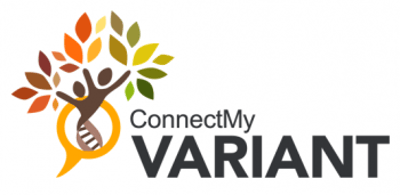
Surveys, Registries, Interviews
Connect My Variant
Researchers at the University of Washington (UW) are recruiting participants with known inherited mutation. We aim to help participants talk to relatives (both immediate and distant) about their family history and genetic test results, to connect them with others who have the same variant, and to their family trees together. The study provides tools and resources to help at-risk relatives get genetic testing through their own local doctors.

Surveys, Registries, Interviews
Breast Cancer Treatment in Women with PALB2 Mutations
The PALB2 Study is an international research study to better understand breast cancer treatment among women with a PALB2 gene mutation. Participants are asked to complete online or paper study questionnaires (every two years for 10 years) and share their family history, medical, and genetics records.

